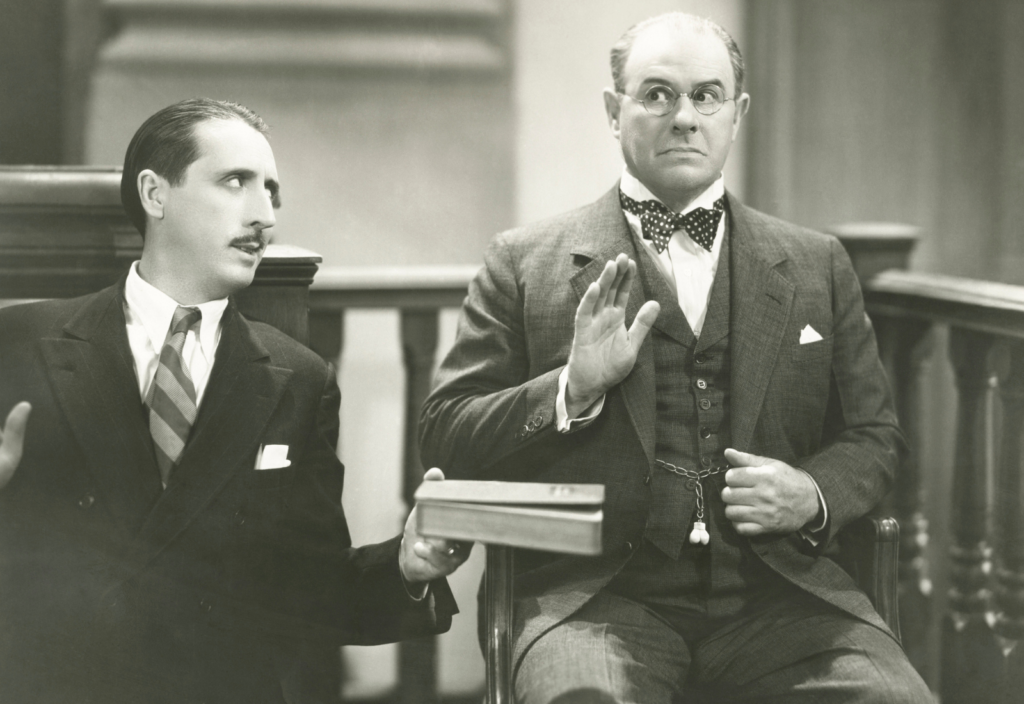
Civil litigation in cannabis, like any other industry, usually proceeds in a predicable order. First, a complaint is filed and served. This kicks off the lawsuit and compels a defendant to file an Answer to avoid a default judgment. Second, the parties conduct written discovery: i.e. gathering relevant documents, identifying potential witnesses, and serving interrogatories and perhaps requests for admission. Third, the parties take depositions of their opponents and non-parties who have relevant information. And fourth, motions for summary judgment and trial ensue.
In limited circumstances, however, a party may take a deposition when no lawsuit is pending. These depositions are known as “perpetuation depositions.” This blog posts covers the basics of that unusual procedure.
Under Federal Rule of Civil Procedure 27, depositions to perpetuate testimony may be used to take a deposition when no lawsuit is pending. (Most states also have a rule allowing perpetuation depositions, this post discusses the federal rule.) The rule is meant to apply to situations where, for some reason, testimony might be “lost” to a potential litigant unless the testimony is taken immediately without waiting for a lawsuit to commence.
The application of the rule, however, does not permit a litigant to conduct early discovery to
Read full article on HarrisBricken


